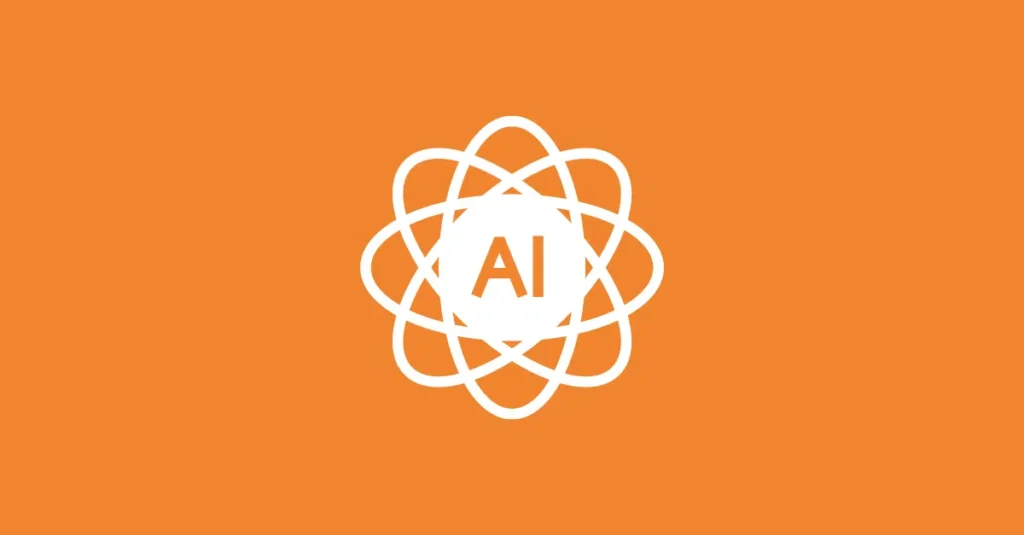Artificial intelligence (AI) is revolutionizing various sectors, and B2B marketing is no exception. AI offers tools and techniques that can dramatically enhance marketing strategies, streamline processes, and improve customer engagement. This article will explore how AI can be effectively integrated into B2B marketing, drawing insights from recent studies and providing practical examples to guide marketing decision-makers who may not be fully familiar with generative AI.
The Role of AI in B2B Marketing
AI technologies are rapidly being adopted in B2B marketing for their ability to analyze large data sets, predict customer behavior, and personalize marketing efforts. AI can transform traditional marketing practices through several key applications:
Data Analysis and Insights AI excels at sifting through vast amounts of data to uncover insights that would be impossible for humans to detect. By analyzing customer data, AI can help marketers understand patterns and predict future behaviors, enabling more effective targeting and personalization.
Customer Segmentation and Profiling AI can create detailed customer profiles and segment audiences based on various criteria, such as buying behavior, preferences, and engagement levels. This allows for more tailored marketing campaigns that resonate with specific segments.
Predictive Analytics Using historical data, AI can predict future trends and customer needs. This enables marketers to be proactive, addressing potential issues before they arise and capitalizing on emerging opportunities.
Automated Customer Interactions AI-powered chatbots and virtual assistants can handle routine customer inquiries, provide product recommendations, and assist with troubleshooting, ensuring that customers receive timely and accurate information.
Benefits of AI in B2B Marketing
Implementing AI in B2B marketing offers numerous benefits, including:
- Increased Efficiency: Automating routine tasks frees up time for marketing teams to focus on strategic activities.
- Enhanced Customer Experience: Personalization and timely interactions improve customer satisfaction and loyalty.
- Cost Savings: AI can reduce the costs associated with manual data analysis and customer service.
- Better Decision Making: Data-driven insights lead to more informed marketing strategies.
Challenges of AI Adoption
While AI offers significant advantages, its adoption is not without challenges. Common issues include:
- Data Quality and Integration: Ensuring that AI systems have access to high-quality, integrated data is crucial for accurate analysis and predictions.
- Technological Complexity: Implementing AI technologies can be complex and may require specialized skills and knowledge.
- Resistance to Change: Organizations may face resistance from employees who are skeptical of AI or fear that it will replace their jobs.
- Ethical Considerations: AI systems must be designed to avoid biases and ensure fairness in decision-making processes.
How to Overcome AI Adoption Challenges
Data Quality and Integration
- Solution: Invest in data management tools and practices to ensure data is clean, consistent, and integrated across systems. Collaborate with IT departments to establish data governance frameworks that maintain data integrity and security.
Technological Complexity
- Solution: Provide training and development programs to upskill employees in AI technologies. Partner with AI vendors who offer robust support and implementation services. Start with small pilot projects to build expertise and confidence before scaling up.
Resistance to Change
- Solution: Foster a culture of innovation by communicating the benefits of AI to employees and involving them in the implementation process. Address concerns transparently and provide reassurances about job security. Highlight AI as a tool to augment human capabilities, not replace them.
Ethical Considerations
- Solution: Develop and adhere to ethical guidelines for AI use. Implement regular audits to detect and mitigate biases in AI algorithms. Ensure transparency in AI decision-making processes and provide customers with the ability to understand and challenge AI-driven decisions.
Examples
Lead Scoring and Qualification Companies like Salesforce use AI to score leads based on their likelihood to convert, enabling sales teams to prioritize high-potential prospects. This not only improves conversion rates but also optimizes the use of marketing resources.
Content Personalization AI tools such as IBM Watson can analyze customer interactions and preferences to deliver personalized content recommendations. This enhances engagement by ensuring that customers receive relevant information tailored to their needs.
Predictive Maintenance in Manufacturing In the manufacturing sector, AI can predict equipment failures before they occur, allowing companies to perform maintenance proactively. This reduces downtime and improves operational efficiency.
Dynamic Pricing Companies like Uber and Amazon use AI-driven dynamic pricing models to adjust prices based on real-time demand and supply conditions. This maximizes revenue by capturing value from fluctuating market conditions.
Customer Service Automation AI-powered chatbots, such as those used by H&M, handle a significant portion of customer service inquiries, providing quick and accurate responses. This reduces the workload on human agents and ensures customers receive timely support.
Email Marketing Campaigns Tools like Mailchimp use AI to optimize email marketing campaigns by predicting the best times to send emails, crafting personalized subject lines, and segmenting audiences for targeted messaging. This increases open rates and engagement.
AI is Transforming B2B Marketing
AI can enhance efficiency, personalization, and decision-making for B2B marketers. Despite the challenges associated with its adoption, the benefits of AI far outweigh the drawbacks. By understanding and leveraging AI technologies, B2B marketers can stay ahead of the competition and drive sustainable growth.
